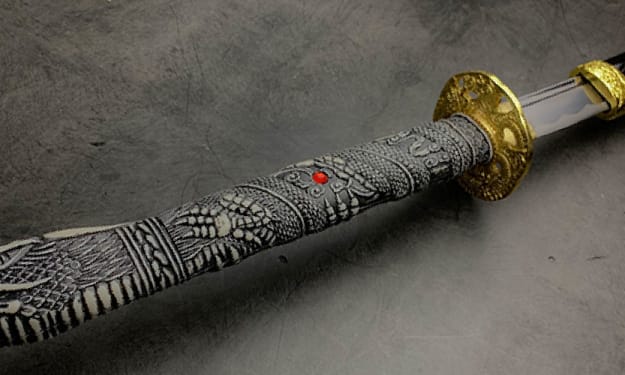
So what is the male perspective on masculinity in the 21st century? Here are a few insights and observations:
Masculinity is not limited to traditional gender roles: Men are no longer confined to traditional gender roles and expectations. Many men today are taking on traditionally "feminine" roles, such as staying at home to care for children, and women are taking on traditionally "masculine" roles, such as pursuing careers in science, technology, engineering, and math.
Masculinity is not about physical strength: While physical strength may have once been a defining characteristic of masculinity, it is no longer the sole measure of a man's worth. Today, men are valued for their intelligence, creativity, and emotional intelligence, among other qualities.
Masculinity is not about competition: In the past, men were often encouraged to compete with one another in order to prove their masculinity. Today, however, men are more likely to value collaboration and teamwork.
Masculinity is not about dominance: In the past, masculinity was often associated with dominance and control. Today, men are more likely to value equality and respect in their relationships with others.
Masculinity is not about suppressing emotions: Men have feelings too, and it's okay for them to express them. In the past, men were often taught to suppress their emotions in order to be "tough" or "strong." Today, men are encouraged to be open and honest about their emotions and to seek support when they need it.
Overall, masculinity in the 21st century is about being true to oneself and embracing one's unique qualities and strengths. Men are free to define masculinity on their own terms and to be themselves without fear of judgment or stigma.
As men navigate the complexities of modern masculinity, it's important to remember that everyone's experience is different. Some men may feel pressure to conform to traditional gender roles and expectations, while others may feel more free to express themselves and explore new possibilities.
Regardless of where you fall on the spectrum, it's important to be true to yourself and to embrace your unique qualities and strengths. Masculinity is not about fitting into a certain mold or meeting certain expectations – it's about being yourself and living your life in a way that feels authentic and fulfilling.
In addition to being true to yourself, it's also important to be mindful of the impact that your actions have on others. Masculinity does not equate to dominance or superiority over others. Rather, it is about respect and equality. By treating others with kindness, compassion, and respect, you can contribute to a more positive and healthy masculinity.
Ultimately, the key to healthy masculinity is self-acceptance and self-love. When you embrace yourself and your unique qualities, you are able to be authentic and genuine in your relationships and interactions with others. This leads to greater happiness, fulfillment, and a sense of well-being. So, be yourself and love yourself, and you will be well on your way to a healthy and fulfilling masculinity.
It's also important for men to be aware of the potential negative consequences of unhealthy masculinity. When men feel pressure to conform to certain expectations or stereotypes of what it means to be a man, it can lead to negative outcomes such as:
Difficulty expressing emotions: When men feel that it is not "masculine" to show emotions, they may have difficulty expressing their feelings and may bottle up their emotions, which can lead to mental health issues such as depression and anxiety.
Risky behaviors: Men may feel pressure to engage in risky or dangerous behaviors in order to prove their masculinity. This can lead to accidents, injuries, and even death.
Relationship problems: When men feel that they must be strong and independent at all times, it can lead to problems in relationships. They may have difficulty communicating their needs and feelings, and may struggle to form close and intimate connections with others.
Health problems: Unhealthy masculinity can also have negative effects on men's physical health. Men may be more likely to engage in unhealthy behaviors such as smoking, excessive alcohol consumption, and a lack of physical activity, which can lead to serious health problems such as heart disease, stroke, and cancer.
By being aware of the potential negative consequences of unhealthy masculinity, men can work to break free from harmful gender stereotypes and expectations and embrace a more healthy and authentic masculinity. This can lead to greater happiness, fulfillment, and well-being for themselves and those around them.
About the Creator
Sukuna
Hii There






Comments
There are no comments for this story
Be the first to respond and start the conversation.